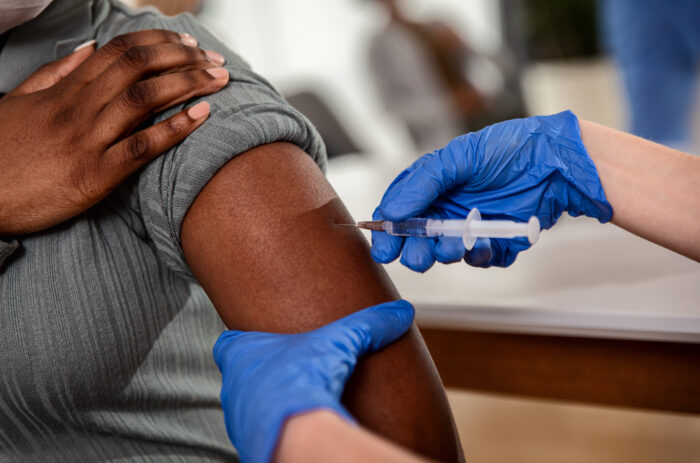Maryland's COVID-19 Milestone: 1.5 Million Cases and Counting

Maryland Crosses Significant Milestone: 1.5 Million COVID-19 Cases Recorded
Nearly five years after the coronavirus pandemic first swept across the United States, Maryland has reached a sobering milestone. The state's Department of Health has confirmed that the total number of detected COVID-19 cases has now surpassed 1.5 million, reflecting the profound impact of the global health crisis on the state's population.
This staggering figure serves as a stark reminder of the pandemic's extensive reach and the resilience of Maryland's communities throughout an unprecedented public health challenge. Since the initial declaration of the COVID-19 public health emergency, residents have navigated unprecedented changes, from lockdowns and remote work to widespread vaccination efforts.
The milestone underscores the importance of continued vigilance, public health measures, and the ongoing commitment to understanding and mitigating the virus's long-term effects on the state's health and society.
